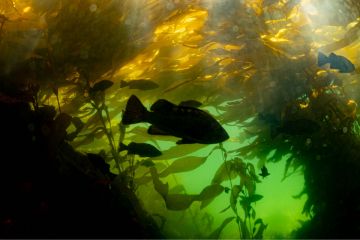
Restoring climate-resilient kelp forests
A team of researchers led by UVic and the Bamfield Marine Sciences Centre is attempting to regrow kelp forests, working closely with British Columbia coastal First Nations.

A team of researchers led by UVic and the Bamfield Marine Sciences Centre is attempting to regrow kelp forests, working closely with British Columbia coastal First Nations.

The University of Victoria is a leader among Canadian universities when it comes to climate impact research and programs, according to new international rankings released on Wednesday.
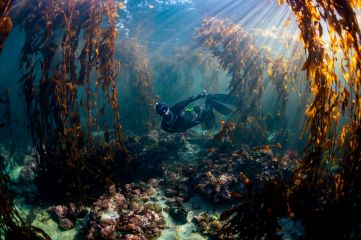
Learn how one UVic graduate student's quest to build her own community and share her passion for the marine science is shaping the next generation of ocean professionals.

The University of Victoria is set to advance the Canadian climate policy modelling ecosystem with the launch of the Open Insights project today, supported by a gift of $2.5 million from Clean Prosperity Foundation.
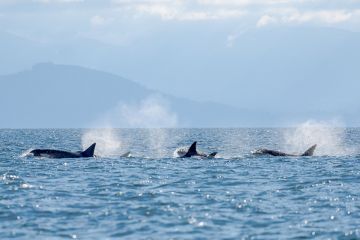
The following University of Victoria experts are available to media to discuss World Oceans Day, marked on June 8.

Vanier scholar Hailey Davies is co-leading an education program called FishSounds Educate; an initiative that engages all ages in ocean literacy through the exploration of recorded fish sounds and interactive games.
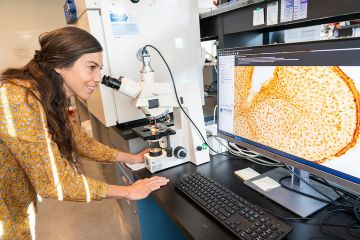
Research requires more secure, faster computing power. It’s even better if the system can also deliver energy efficiency. Deployed and operated by the Research Computing Services team at the University of Victoria, Arbutus Cloud has revolution…
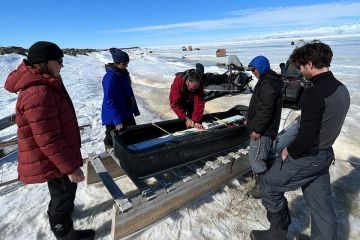
From helping to convert seaweed overgrowth into benefits for the blue economy, to improving travel across sea ice, two University of Victoria projects on Monday [eds note: June 3] received nearly $4 million in federal support to advance climate solutions.

From ground-breaking research in particle and astrophysics to innovative studies in neuroscience, human health, energy modelling and beyond, UVic’s Arbutus Cloud has revolutionized how scientists process, share and store massive data sets.
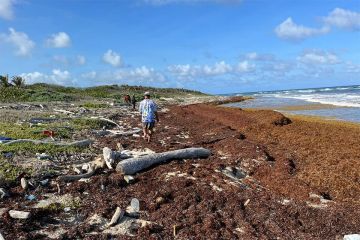
From helping to convert seaweed overgrowth into benefits for the blue economy, to improving travel across sea ice, two University of Victoria projects on Monday [eds note: June 3] received nearly $4 million in federal support to advance climate solutions.

The powerful solar storm driving the aurora borealis over global skies last weekend was also triggering the movement of compasses deep in the ocean, as revealed in new scientific findings shared today by Ocean Networks Canada (ONC), a University of Victoria initiative.

Climate displacement is underway, and scientists are starting to learn about these realities from those experiencing this first-hand. A delegation of young Inuvialuit leaders from Tuktoyaktuk, NWT, travelled more than 2,300 km to Victoria to meet with government scientists and detail what life is like living with the impacts of climate change and climate displacement on your doorstep.

The University of Victoria’s Climate Disaster Project has been named the winner of a Special Recognition Citation at the 2023 National Newspaper Awards—Canada’s top journalism awards.
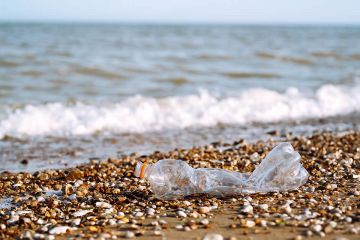
The following UVic experts are available to media to discuss environmental and climate change topics ahead of Earth Day (April 22).
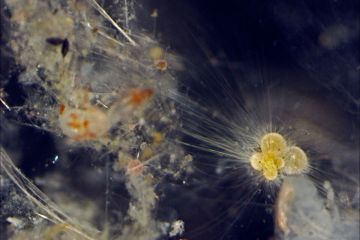
As ocean temperatures continue to rise due to climate change, marine plankton may be the newest candidate to act as an oceanic early alert system. According to a new Nature paper from UVic micropaleontologist Andy Fraass, and a team of international collaborators at the University of Bristol and Harvard University, an analysis of the fossil record shows that changes to community structure take place long before mass extinction occurs.

The following University of Victoria experts are available to media for comment about the federal budget, which is expected to be tabled on April 16.